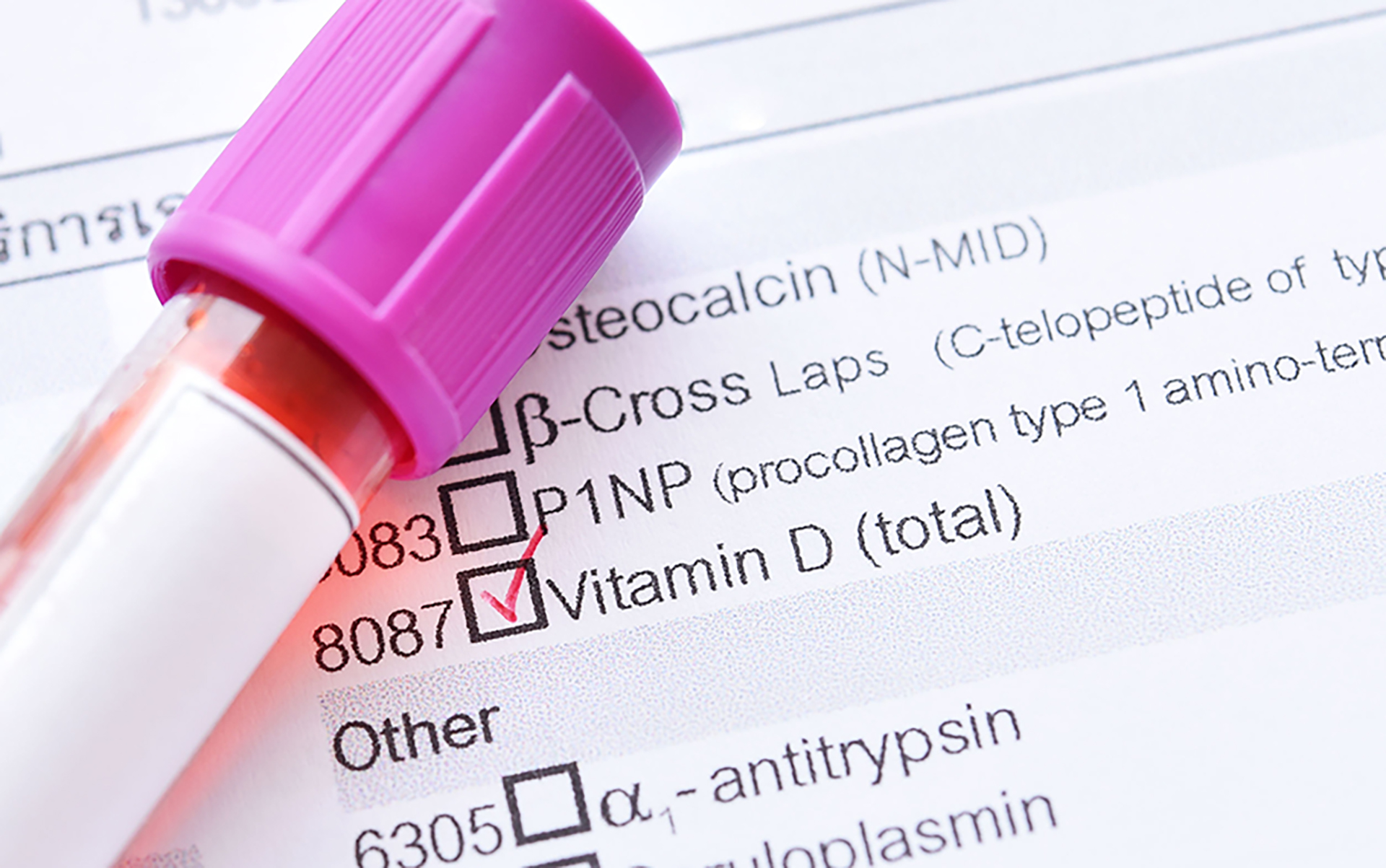
Increased stress, an unbalanced diet, metabolic diseases - these are all possible reasons for a nutrient deficiency that can cause serious health problems in the long run. A vitamin or mineral deficiency is often accompanied by various symptoms. However, these hardly differ between each nutrient. It is therefore not always possible to rely solely on the results of your own internet research to identify the potential culprit.
It is also not advisable to take supplements indiscriminately without knowing exactly what your vitamin and mineral status is. Depending on the dosage of the preparation, this can quickly lead to an overdose, which can also have unpleasant side effects. Fortunately, you can have all your blood values determined with the help of blood analysis and discover possible nutrient deficiencies so that they can be treated in a targeted manner.
The health check at home -Cerascreen® self-tests
Anyone who has ever had a blood test done has certainly had to visit a doctor to do so. Fortunately, you can now save yourself the trip to the doctor and the usual long waiting times because there are now specialised companies and laboratories that offer home self-tests.
One of these is Cerascreen®. With a self-test from Cerascreen®, you can - among many other health parameters - easily check your supply of vitamins from home. The test kit (https://www.cerascreen.co.uk/collections/health-tests) provided after purchase contains all the necessary tools to take a small blood sample from a fingertip. The sample is then sent back to Cerascreen® in the enclosed return envelope. The blood is then analysed in a specialised medical laboratory to determine the status of certain vitamins or minerals in the blood. Once the analysis is complete, you will receive a report of the results by e-mail, which provides the exact test results as well as recommendations for action and further information. If there is an undersupply, this can now be treated in a targeted manner.
Of course, Cerascreen® can be used to test more than just vitamins and blood. Other sample material is also used for other tests - for example, there is a urine test for iodine supply, saliva tests for DNA analyses, and stool tests with which the intestinal flora can be analysed.
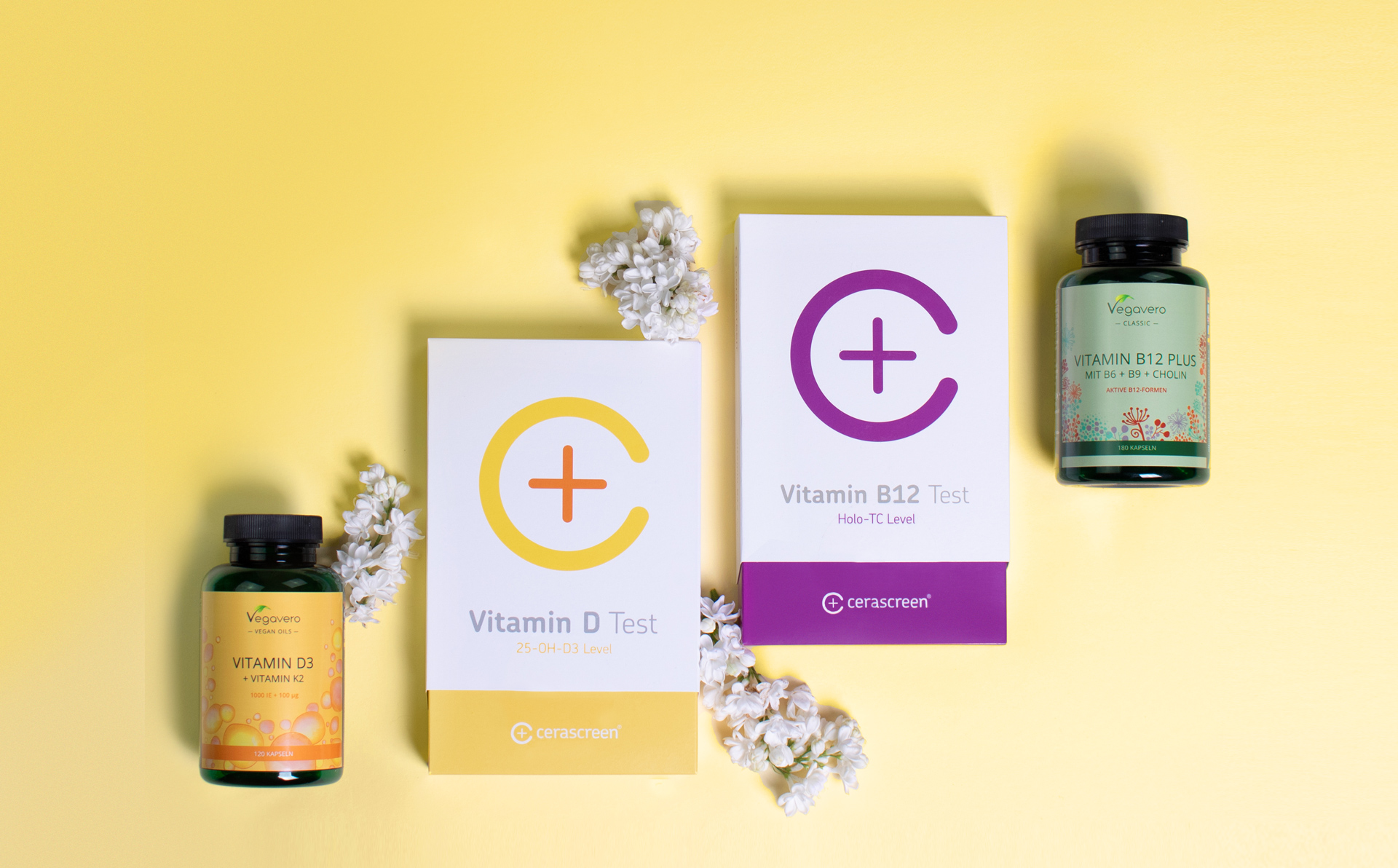
Three typical nutrient deficiencies
Nutrient deficiencies are probably not as common nowadays as they used to be, but they aren't rare either. This is mainly due to our diet and lifestyle.
Vitamin D
Vitamin D is without doubt one of the top vitamin deficiency candidates in the western world. In Germany, for example, according to the Robert Koch Institute, more than 60 percent of the population does not have an optimal supply of the vitamin. But what exactly is the reason for this?
Vitamin D is produced by the body itself, but in order to produce this vital vitamin, we need the UV radiation of the sun - hence the name "sun vitamin". In the winter months, however, only a little of the UV radiation reaches our skin here in Europe. And even in summer, we spend a lot of time indoors and therefore cannot fill our stores sufficiently. Moreover, food contains only small amounts of vitamin D and contributes only 10 to 20 percent of the supply.
An undersupply of vitamin D can manifest itself in fatigue and pain, and it affects bone health in particular: a vitamin D deficiency increases the risk of osteoporosis and bone fractures, among other things. Researchers are also investigating many other possible connections between vitamin D and the development of diseases, for example depression, cardiovascular diseases, and skin diseases.
If an undersupply is detected, the vitamin D store can easily be replenished with food supplements. However, taking high-dose supplements without knowing for certain there is a deficiency is not recommended because, as with other fat-soluble vitamins, an overdose is possible. It is better to check the current vitamin D level with a test.
Vitamin B12
Vitamin B12 is considered the problem vitamin for vegans. This is because the vitamin is only found in relevant quantities in animal foods, such as meat, fish, cheese, and eggs. Those who eat a purely plant-based diet must therefore take vitamin B12 via dietary supplements. For vegetarians it may also be worth checking their vitamin B12 status.
However, it is by no means the case that only vegans have problems with vitamin B12. There are a number of other causes and risk factors for an undersupply. For example, people of advanced age, pregnant and breastfeeding women, and people with type 2 diabetes who take metformin are at an increased risk.
People who eat a purely plant-based diet or who fall into the aforementioned groups should not only supplement their vitamin B12 (possibly after consulting a doctor) but also regularly test their B12 levels to prevent a deficiency. A vitamin B12 deficiency can also manifest itself through various symptoms. More information on this can be found in our detailed blog post on vitamin B12 [https://shop.vegavero.com/all-you-need-to-know-about-vitamin-b12].
Iron
Iron deficiency is also known to be one of the most common deficiency types. The main function of iron is to transport oxygen to the blood and muscles. An undersupply therefore manifests itself primarily in fatigue and pallor.
Women in particular belong to the risk groups. The reason for this is often the loss of blood during menstrual bleeding. But people who eat a meat-free diet also suffer more from iron deficiency because the iron from plant foods is much less available. More information on iron deficiency symptoms and risk factors can be found in this blogpost. [https://shop.vegavero.com/iron-supplement-blood]
An iron deficiency is dangerous, but the same is true for an iron surplus. The margin between vital intake and harmful dose in iron is very small. Elevated iron levels are considered a risk factor for cardiovascular disease because unbound iron promotes the formation of oxygen radicals, which can cause great damage in our cells. In addition, various studies have been able to show that there is a connection between a high iron intake and an increased risk of cancer. So, before you take an iron supplement, you should first have your iron level checked.
Recommended Products
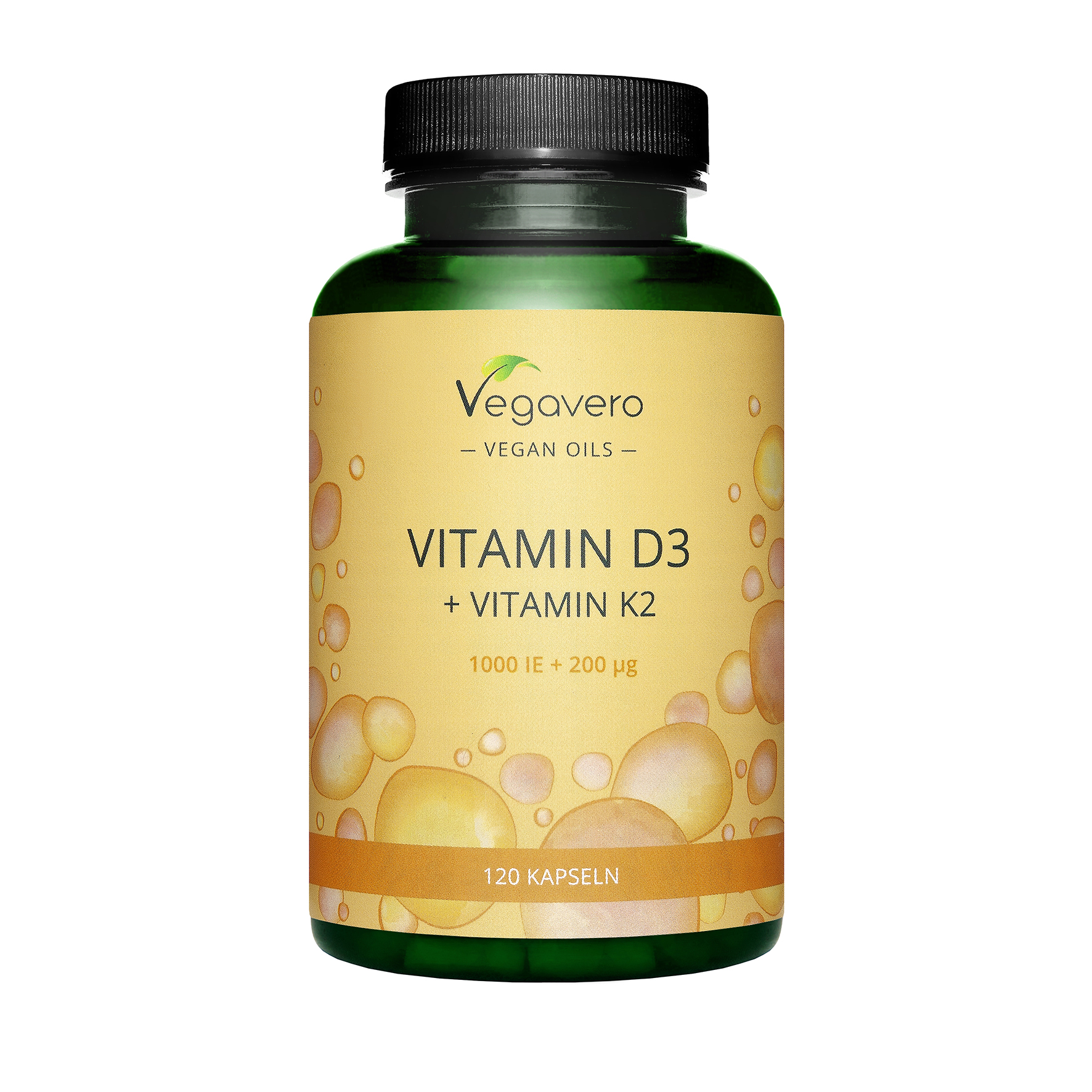
Vitamin D3 & K2 Oil Capsules
Natural vitamin D3 from lichen and natural vitamin K2 from fermentation. For the maintenance of bones and the proper functioning of the immune system. No artificial additives and vegan.
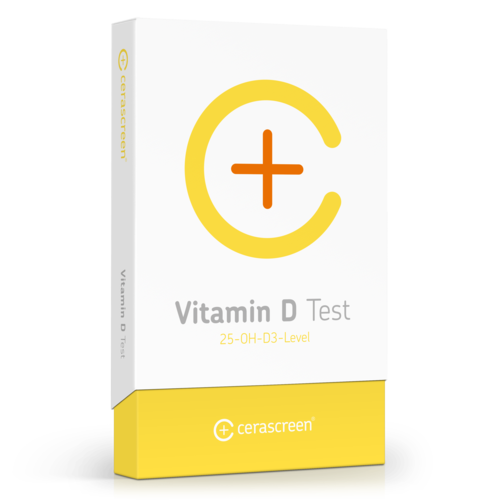
Cerascreen Vitamin D Blood Test
Determine your blood concentration of vitamin D and monitor your level of 25-OH vitamin D. Receive your results within one to two working days after sample arrival.
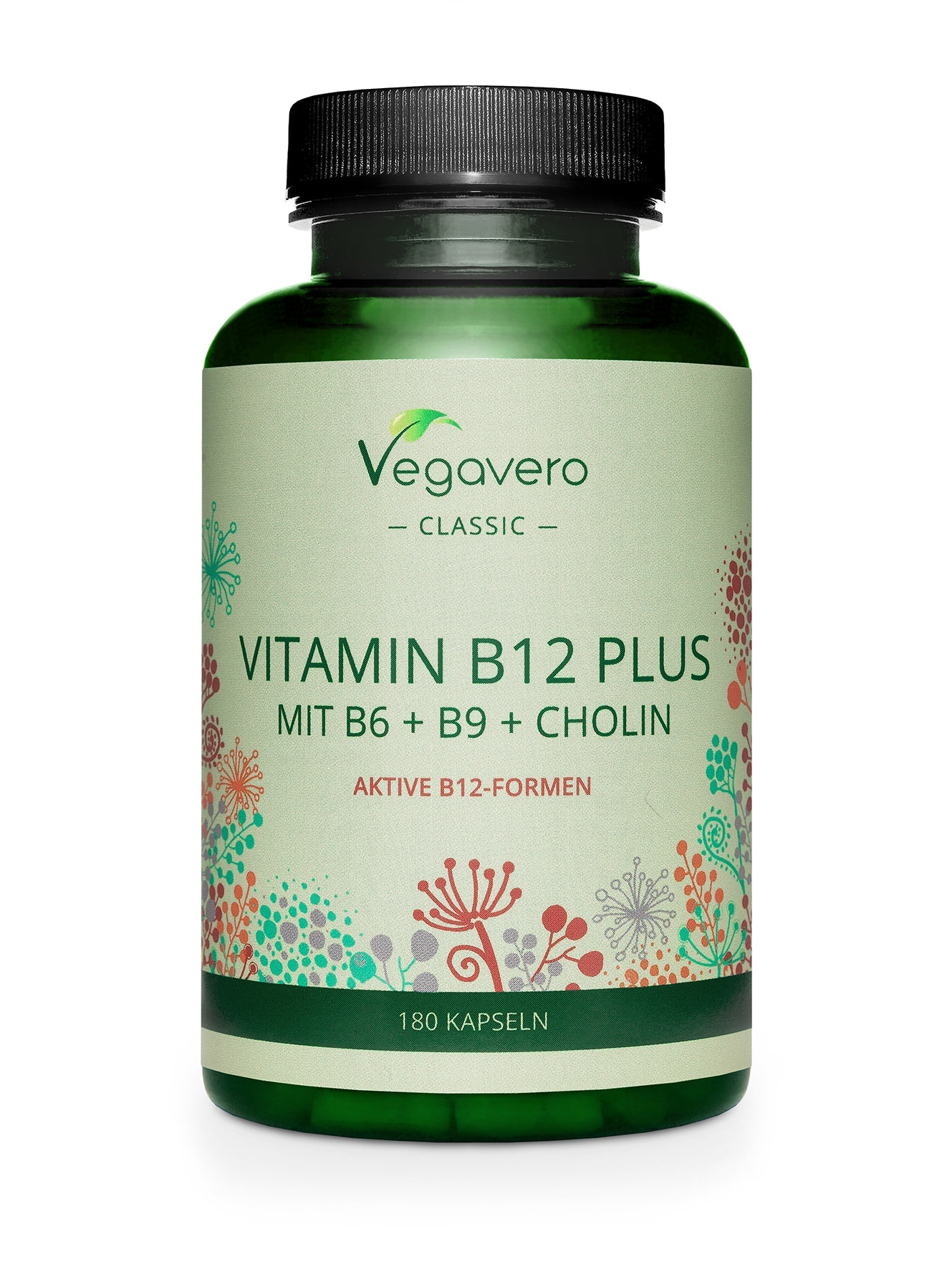
Vitamin B12 Plus
Formulated with 2 active forms of B12, methylcobalamin, and adenosylcobalamin, which act synergistically. Helps reduce fatigue and keep the nervous system healthy. No artificial additives and vegan.
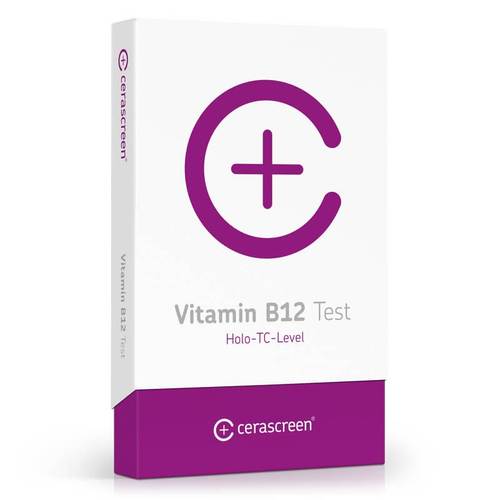
Vitamin B12 Blood Test
Determine your concentration of vitamin B12 and monitor the holotranscobalamin vitamin B12. Receive your results within three to four business days after sample arrival.


